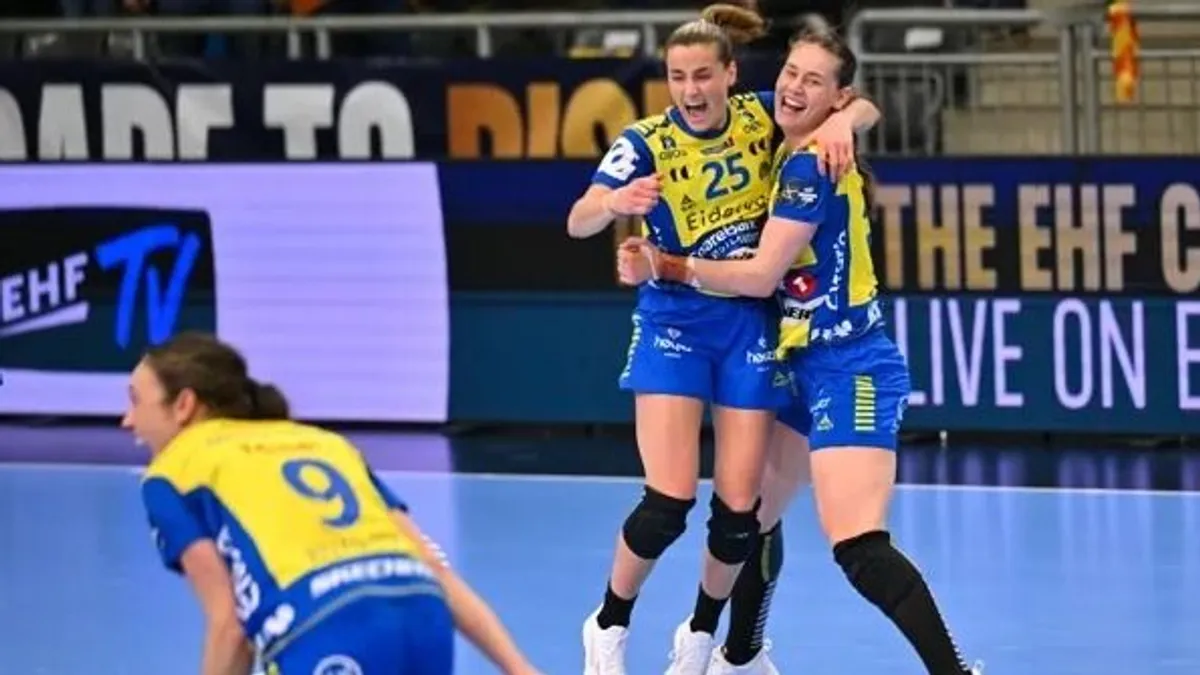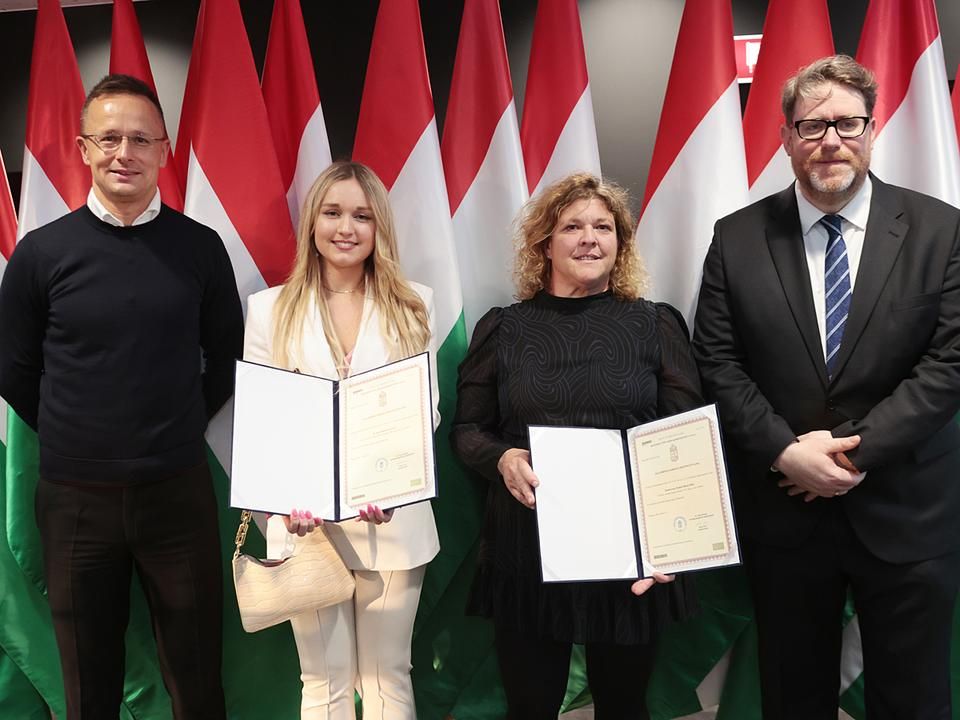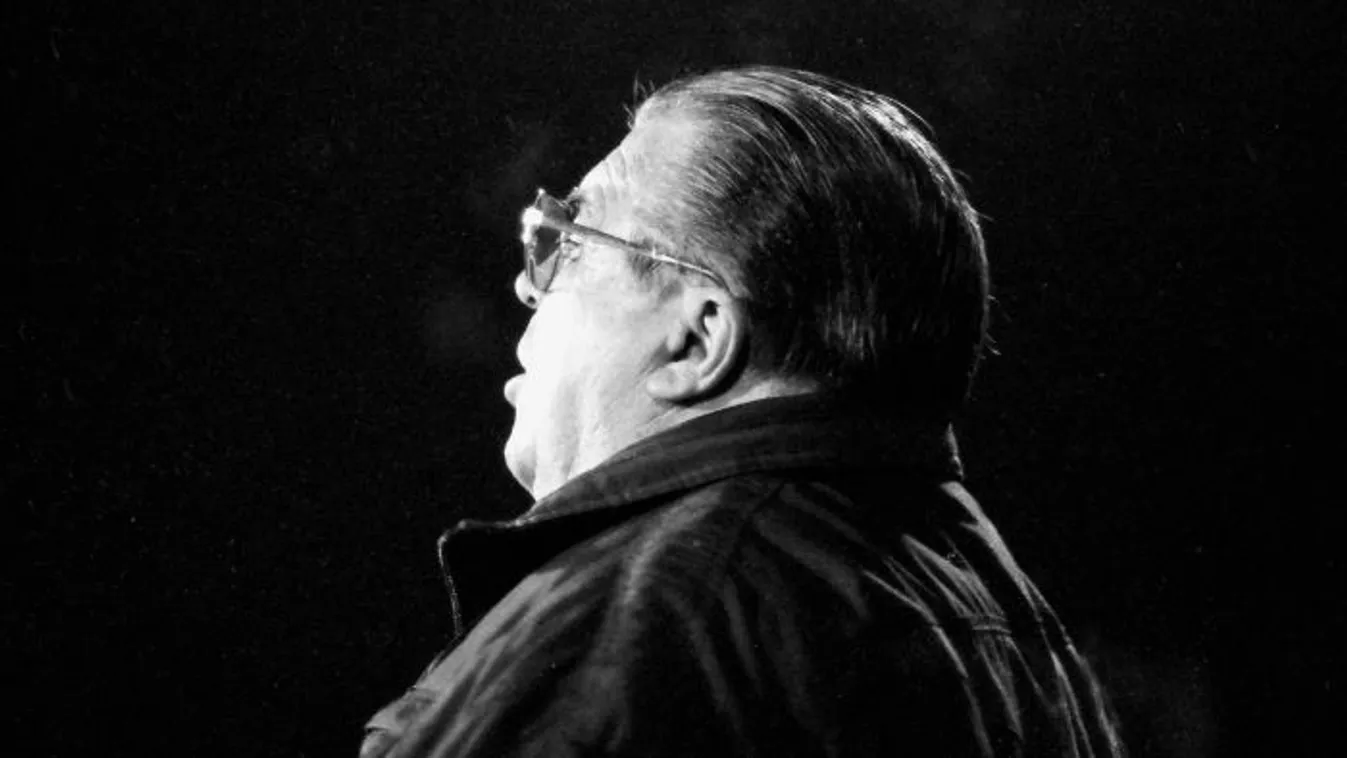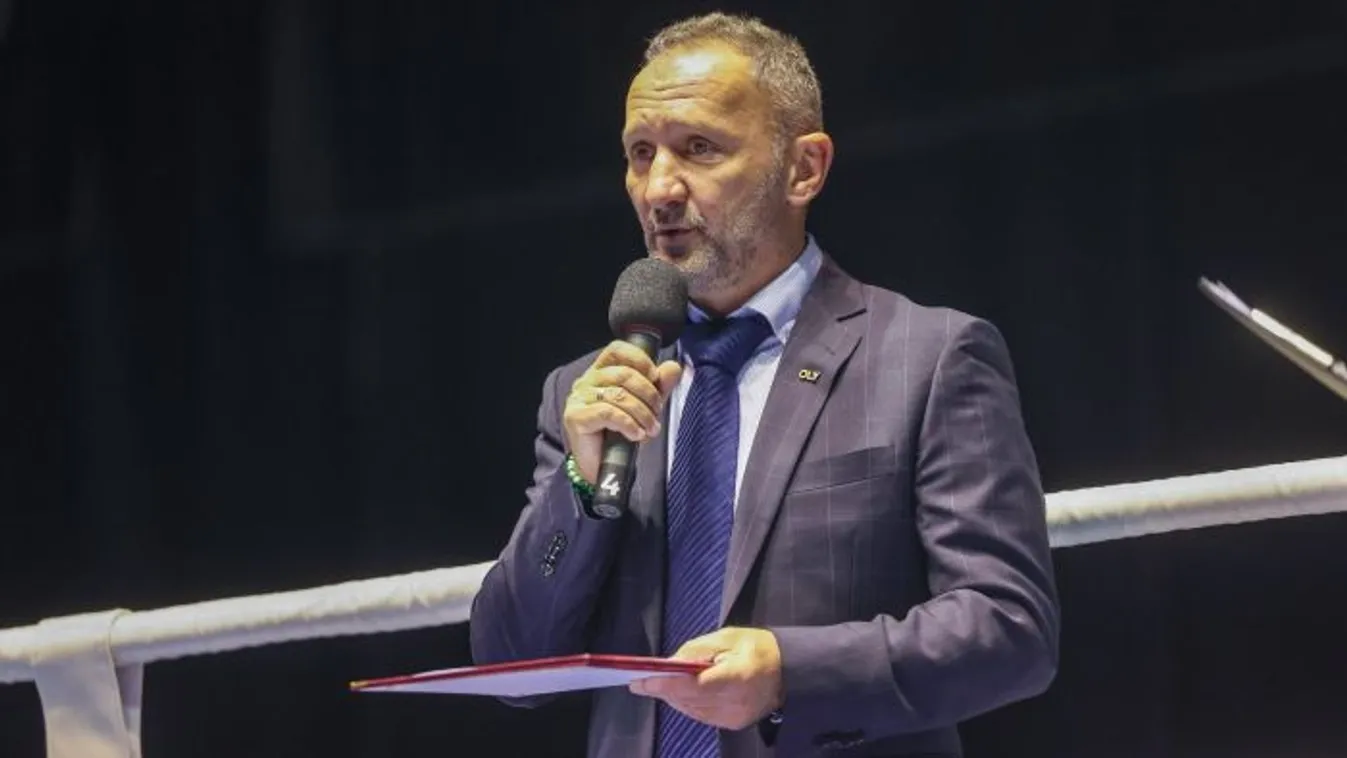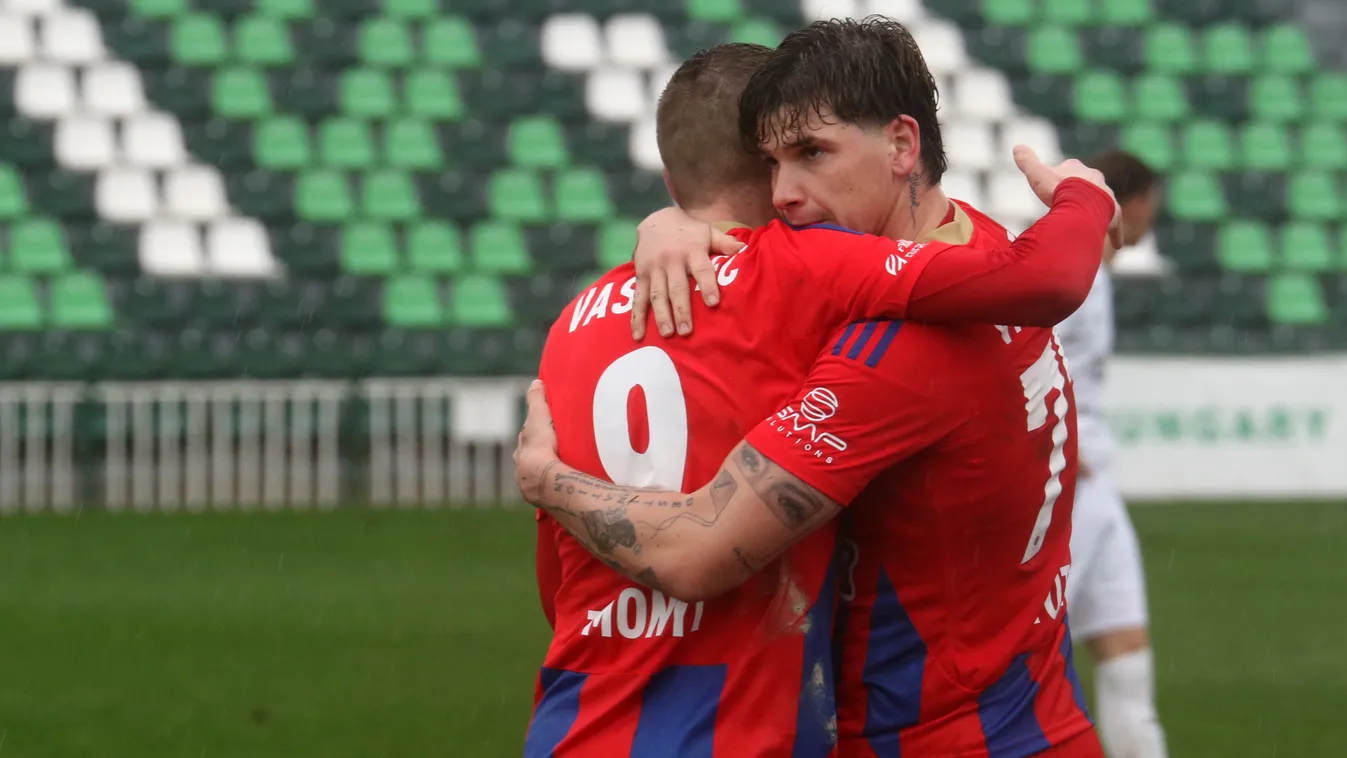Ferenc Puskás' granddaughter and great-granddaughter regained their Hungarian citizenship
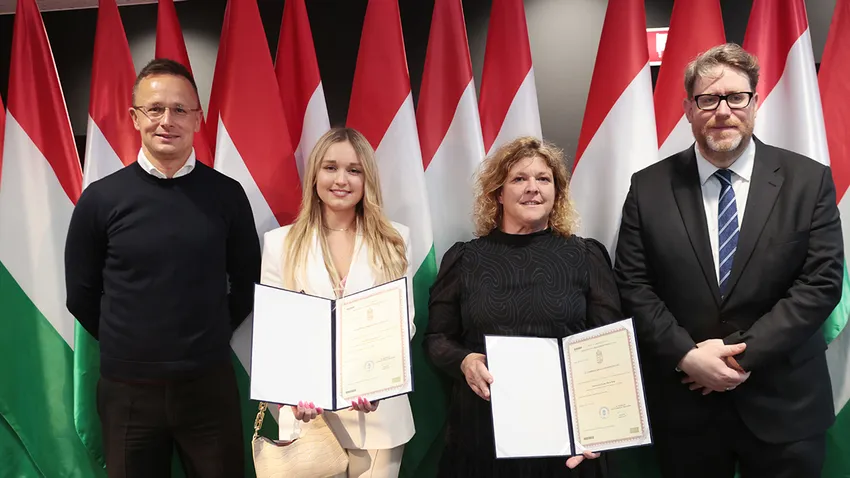
Puskás Ferenc unokája és dédunokája visszakapta a magyar állampolgárságot (Fotók: Tumbász Hédi)
Péter Szijjártó, Minister of Foreign Affairs and Trade of Hungary, handed over the Hungarian citizenship certificate to Réka Damborena Puskás and Ane de Juan Damborena, to Ferenc Puskás' granddaughter and great-granddaughter. In his ceremonial speech, the Minister said that he had insisted on the solemn event taking place from where the world-known and great inside left embarked on a world-conquering journey.
"Today is such an incredible occasion that even the representatives of Ferencváros are welcome here,” the Minister referred to Ottó Vincze, who was seated among the guests, while, in addition to the athletes of the youth team, former notable players such as László Dajka, Márton Esterházy, and István Pisont represented Honvéd. Olympic champion swimmer Dániel Gyurta also paid his respect at the event. “It is great for a small country to be able to give the whole world a legend. I travel a lot, and I realize that Ferenc Puskás is still known everywhere today. At the time, it was ‘sacrilegious' in the ministry that I took football balls signed by Uncle Öcsi with me instead of porcelain intended as official gifts. And wherever I returned, I saw that this ball was either on display in the main place of the ministry, or my colleague whispered that he took it home to his children... It may be strange to talk about what Ferenc Puskás had to do with the Foreign Ministry, but Real Madrid legend Alfredo Di Stéfano said: Ferenc Puskás was not only a player but also a man, he was the best as a person too, he tried to help all Hungarians, and he was like an embassy in one person."
Of course, the Foreign Minister highlighted that he considers it a great honor that he can hand over to Ferenc Puskás' granddaughter and great-granddaughter the certification of Hungarian citizenship. The descendants of Öcsi's former teammates were also present at the event. The ladies were greeted with love by Edina Grosics, daughter of Gyula Grosics, Jenő Buzánszky Jr., and Péter, son of József Bozsik after whom the stadium is named.
György Szöllősi, editor-in-chief of our newspaper, opened the ceremony with a speech as the ambassador of Puskás Affairs: "According to a 1957 law, the Presidential Council of the Hungarian People's Republic could revoke Hungarian citizenship from anyone who had seriously violated the loyalty to the government. This punished those who had fled abroad, or defected, at the time. Strangely enough, however, Ferenc Puskás was not deprived of his Hungarian citizenship even when he acquired the Spanish – in 1962, he already played for that national team at the World Cup in Chile. Hungarian state security launched treason proceedings against him and kept a file on him – on him who perhaps did the most for the reputation of Hungary in the twentieth century. When he moved back to Hungary after the regime change and became the Hungarian national team's head coach, he considered it important that his documents were in order again, and he received his Hungarian passport and identity card again. I think his granddaughter first mentioned she wanted to be a Hungarian citizen when she watched and wept through the Puskás musical last summer in Szeged. I understand that Réka's sister Elisabeth will soon apply for Hungarian citizenship as well. Perhaps she does not have to prove much that there are Hungarian citizens among her ancestors... "
Réka and Ane gave an exclusive interview to Sportrádió where Réka even sang a Hungarian folk song.
Translated by Vanda Orosz
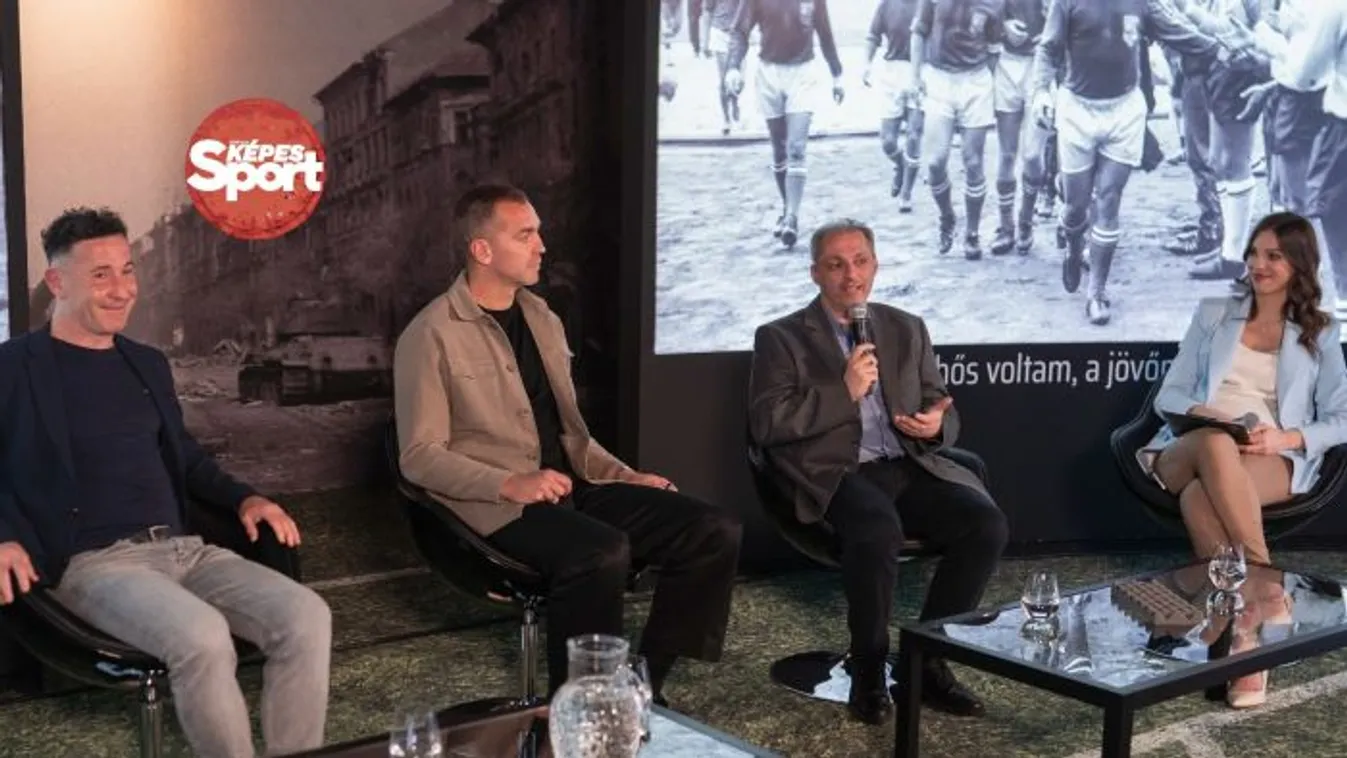
Puskás-est az Arénában
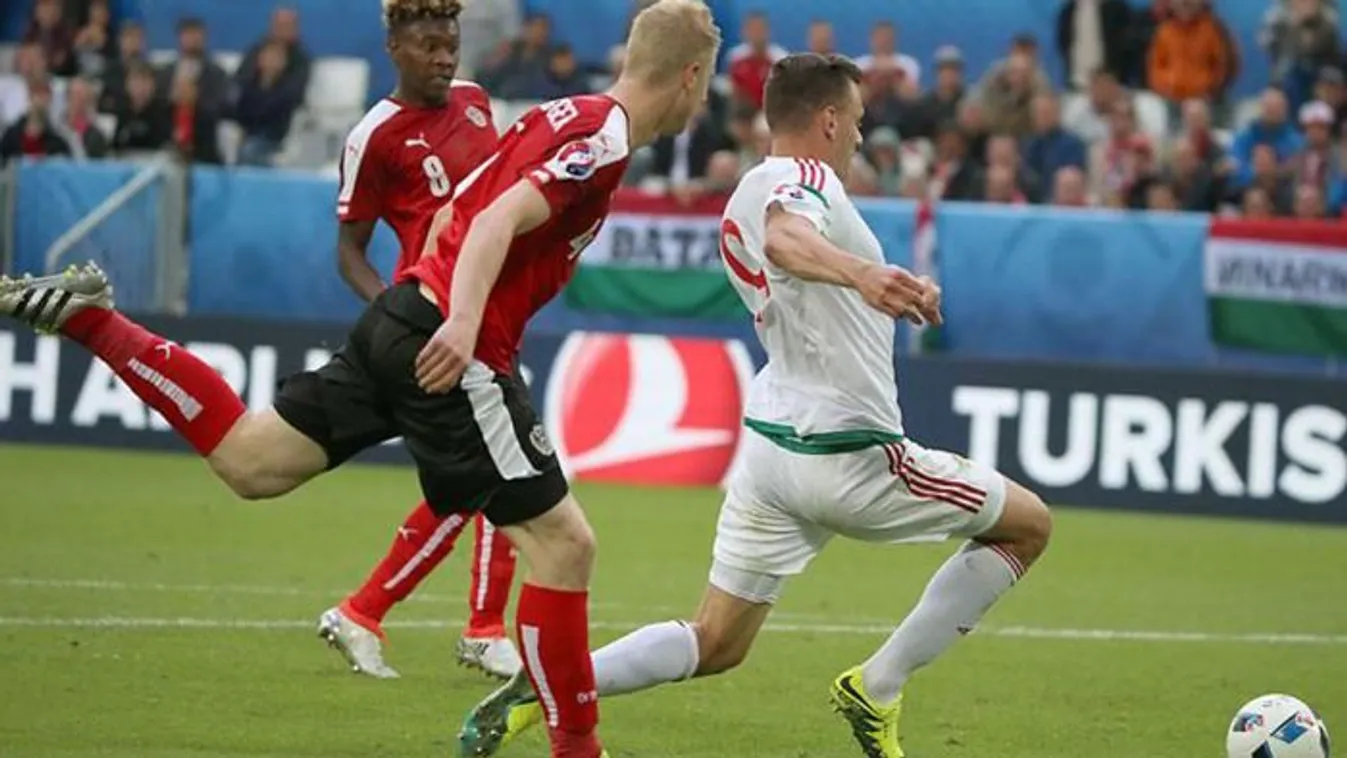
Dzsudzsák, Puskás, Baróti és az osztrákok

Curtis pofonvágta az őt gyalázó szurkolót a lelátón

Az MU egyszer találta el a kaput, de egy szerencsés góllal így is nyert
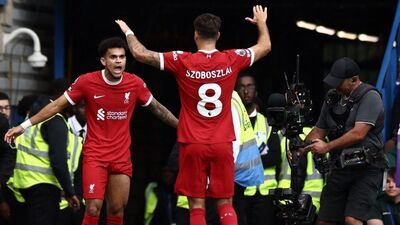
Ez nem hiányzott: Szoboszlai Dominik még egy világsztár miatt aggódhat!
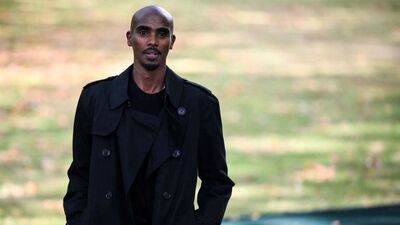
Milliárdokért árulja luxusotthonát az olimpiai bajnok

Villámgyors finomság – az 5 legjobb tejbegrízrecept
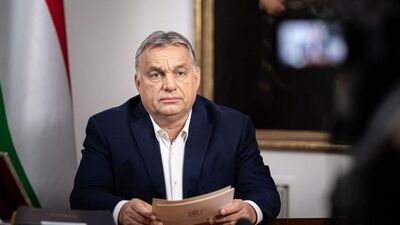
Orbán Viktor elutazik, ezen a helyen magyar kormányfő még nem járt
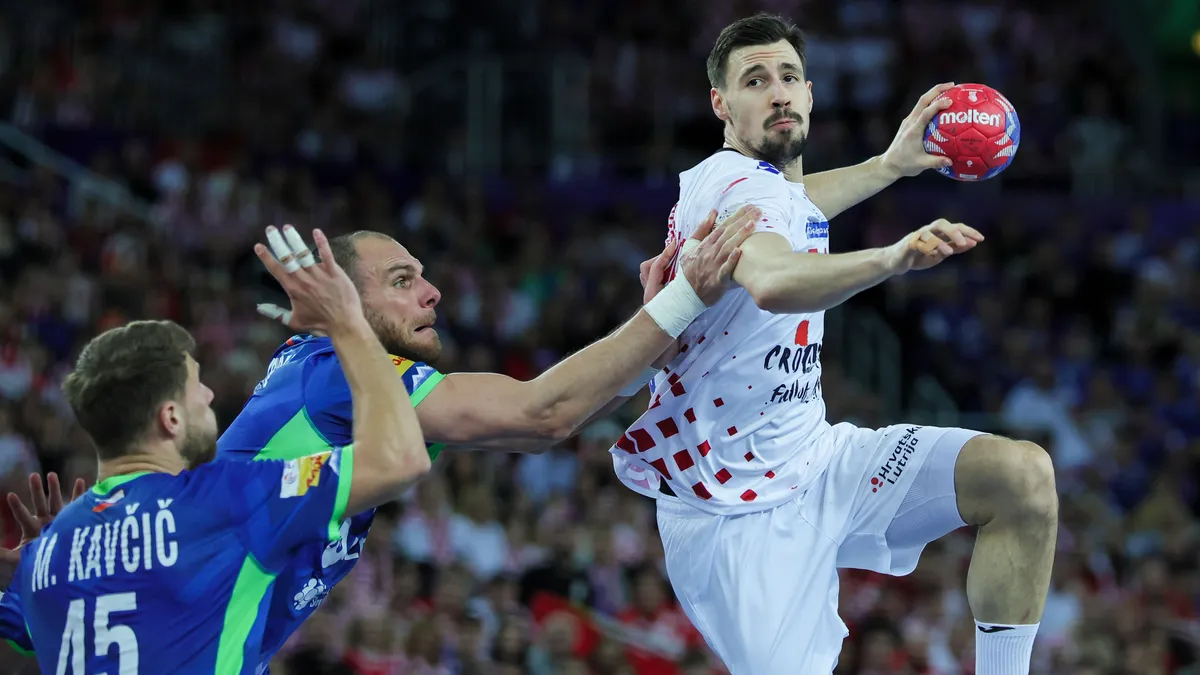
A szlovénokat legyőző Horvátország lesz a mieink negyeddöntős ellenfele kedden 18 órakor a kézi-vb-n
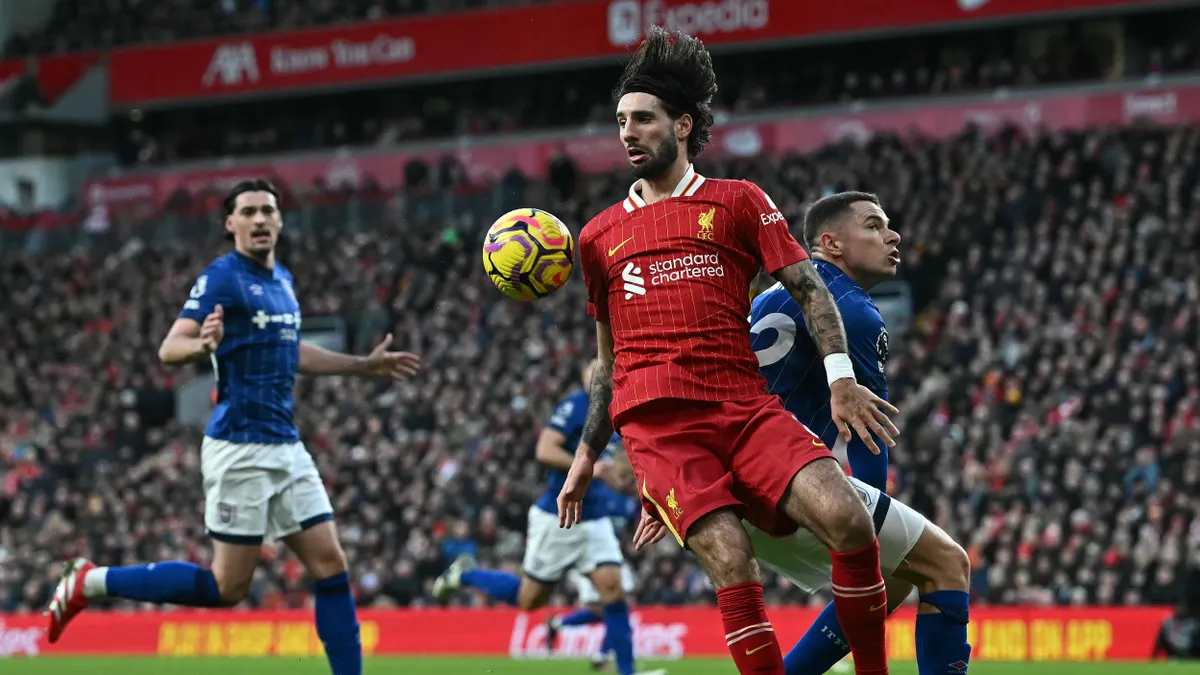
Szoboszlai szenzációs passzán ámul a világ - videó

A Chiefs újabb drámai meccsen nyert a Bills ellen – triplázás kapujában a Kansas City!
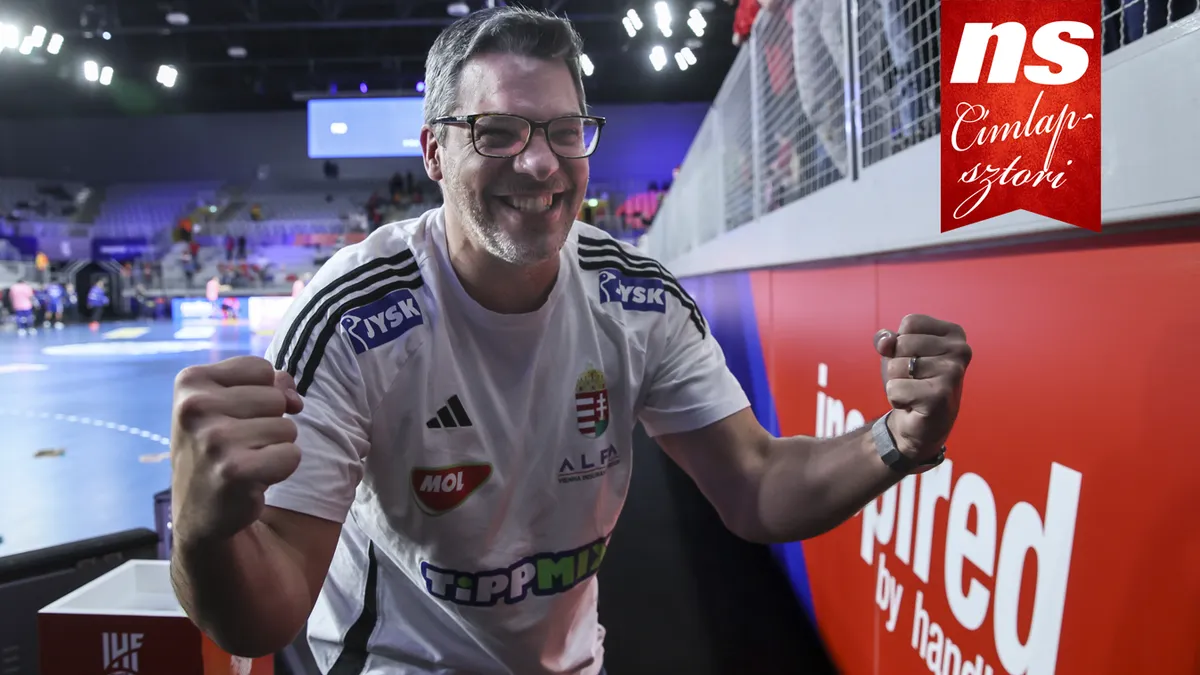
Chema Rodríguez: Óriási dolog, hogy sorozatban harmadszor ott vagyunk a nyolc között
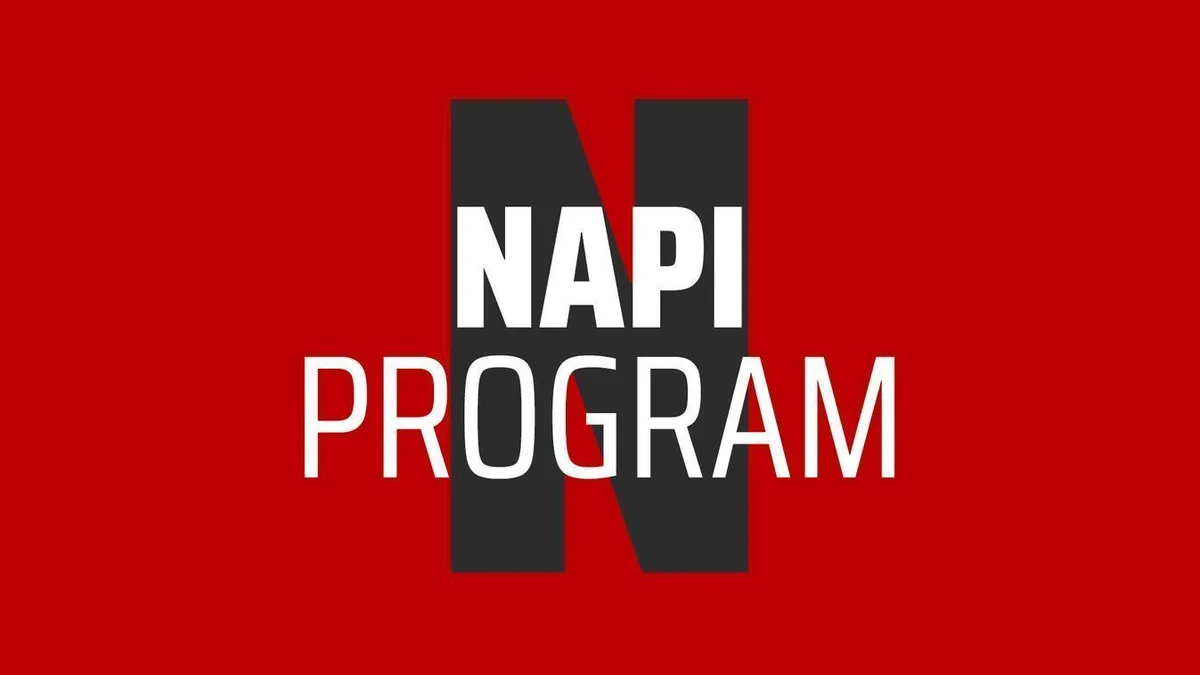
Hétfői sportműsor: olasz, spanyol és angol futball, magyar futsal
